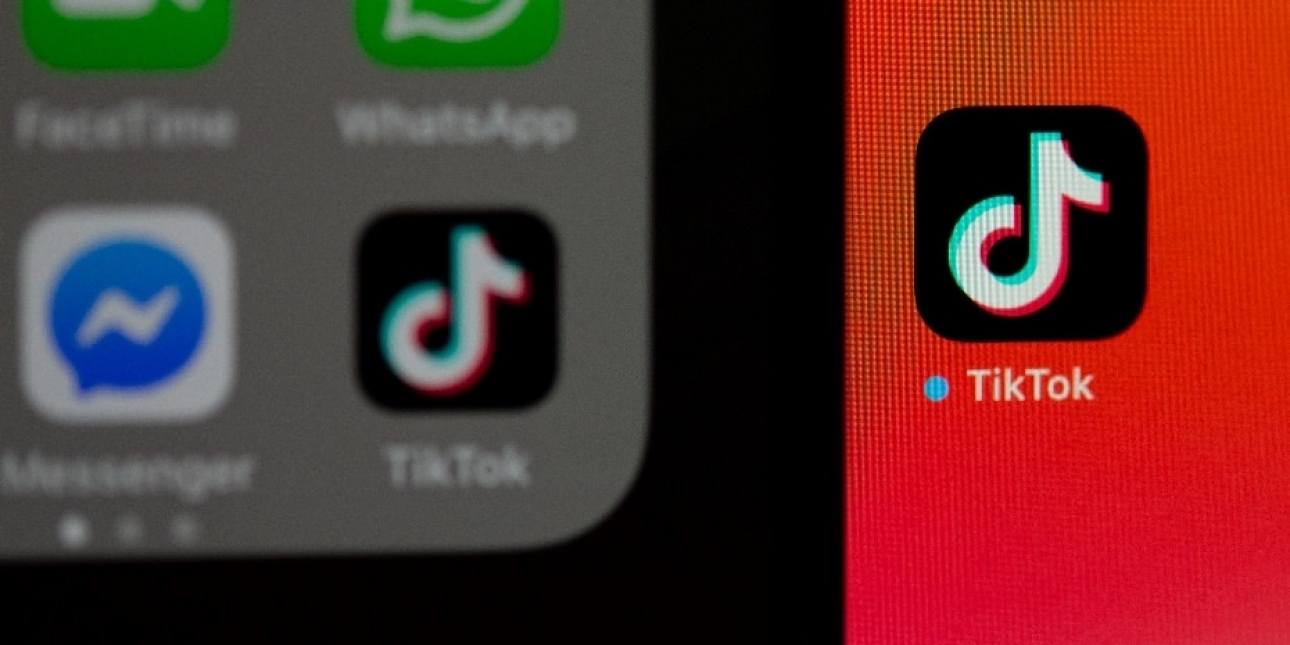PUBLIC RELATIONS
Thursday 13th August 2020
What does TikTok’s potential ban mean for the future of social media?
Last week, President Trump threatened to ban TikTok by mid-September, unless ownership of its US operations is transferred to an American business.
Unsurprisingly, this announcement was condemned by the Chinese Communist Party, whose foreign ministry accused the US of using national security as a cover to exert hegemony over social media.
Will more countries ban TikTok?
While questions remain over the accuracy of this accusation, the reality is that the clock is ticking on TikTok’s future in the US.
This is where Microsoft comes in, with the multinational technology company leading the charge to purchase TikTok’s US operations ahead of September’s deadline.
Microsoft has also suggested its interest in buying TikTok’s operations in Canada, New Zealand, and Australia, as well as the US. Notably, all four are members of the Five Eyes Intelligence Alliance, with the only country not included in Microsoft’s plans being the UK.
The omission of the UK is not surprising. Over the past months, it’s become clear that TikTok aspires to base its global hub in Europe – and specifically in the UK. In July, it announced a £54m fund to pay UK-based TikTok influencers to create original content for the app exclusively. And, during the past few weeks, TikTok has made it known that it plans to move its international HQ to London, hiring up to 3,000 staff in the process.
Another factor which will help to secure TikTok’s future in Europe is the app’s new data centre in Dublin. Expected to open in 2022, the centre will store all the data from the app’s European users and should help to quell any concerns about the CCP accessing consumer data for political purposes.
What will the impact be on influencers?
Should Microsoft’s deal fail and TikTok is banned in the US, then it will undoubtedly harm social media. The app’s emergence has increased sector competition – previously dominated by Instagram, Facebook, and YouTube – and its prioritisation of spontaneity and authenticity has been a breath of fresh air.
However, it is no longer the only social media app focused on short-form videos.
Last week, Instagram launched the highly anticipated Reels feature within the photo and video sharing app that allows users to post short videos and songs. The similarities between Reels and TikTok are striking, so much so that the latter sent out a tweet ahead of Reels’s launch claiming the new feature 'looked familiar'.
While it remains to be seen how well Reels will catch on – especially given that consumers tend to use Instagram and TikTok differently – the emergence of a new similar social media feature will help any content creators easily cross over from the Bytedance app and continue to promote brands and engage with their followers on alternative platforms.
How will the sale of TikTok impact the social media space?
TikTok has nearly 80 million users in the US, and its base is ever-growing as the COVID-19 pandemic continues to force more and more people to go online to socialise and entertain themselves. Therefore, by acquiring TikTok, Microsoft would automatically become a major player in the digital advertising space – taking on the likes of Facebook and Google.
This is especially true if Microsoft can leverage its other brands – such as LinkedIn, Minecraft, and Xbox – within TikTok. If this is possible, then Microsoft could be set to become the number one player on both social media and digital advertising.
However, President Trump’s rhetoric on TikTok seems at odds with his administration’s stance against Big Tech.
Apple, Amazon, Google, and Facebook have been repeatedly criticised for pursuing anti-competitive practices – with the Senate hearing last month being a case in point. But the White House’s push against TikTok – inadvertently or not – puts the platform into the arms of one of the largest companies in the world and will see the largest social media site not controlled by Facebook come under the ownership of an American company.
Photo by Solen Feyissa on Unsplash

